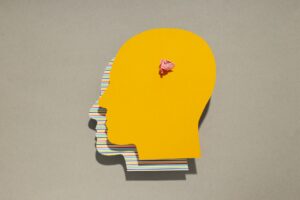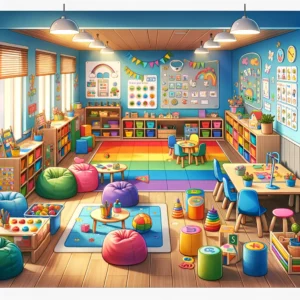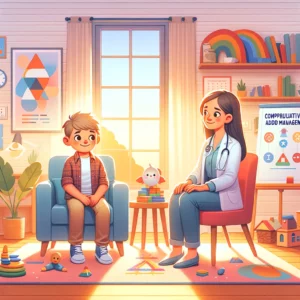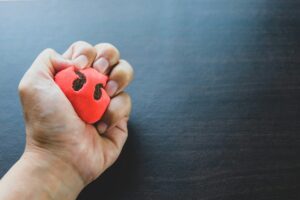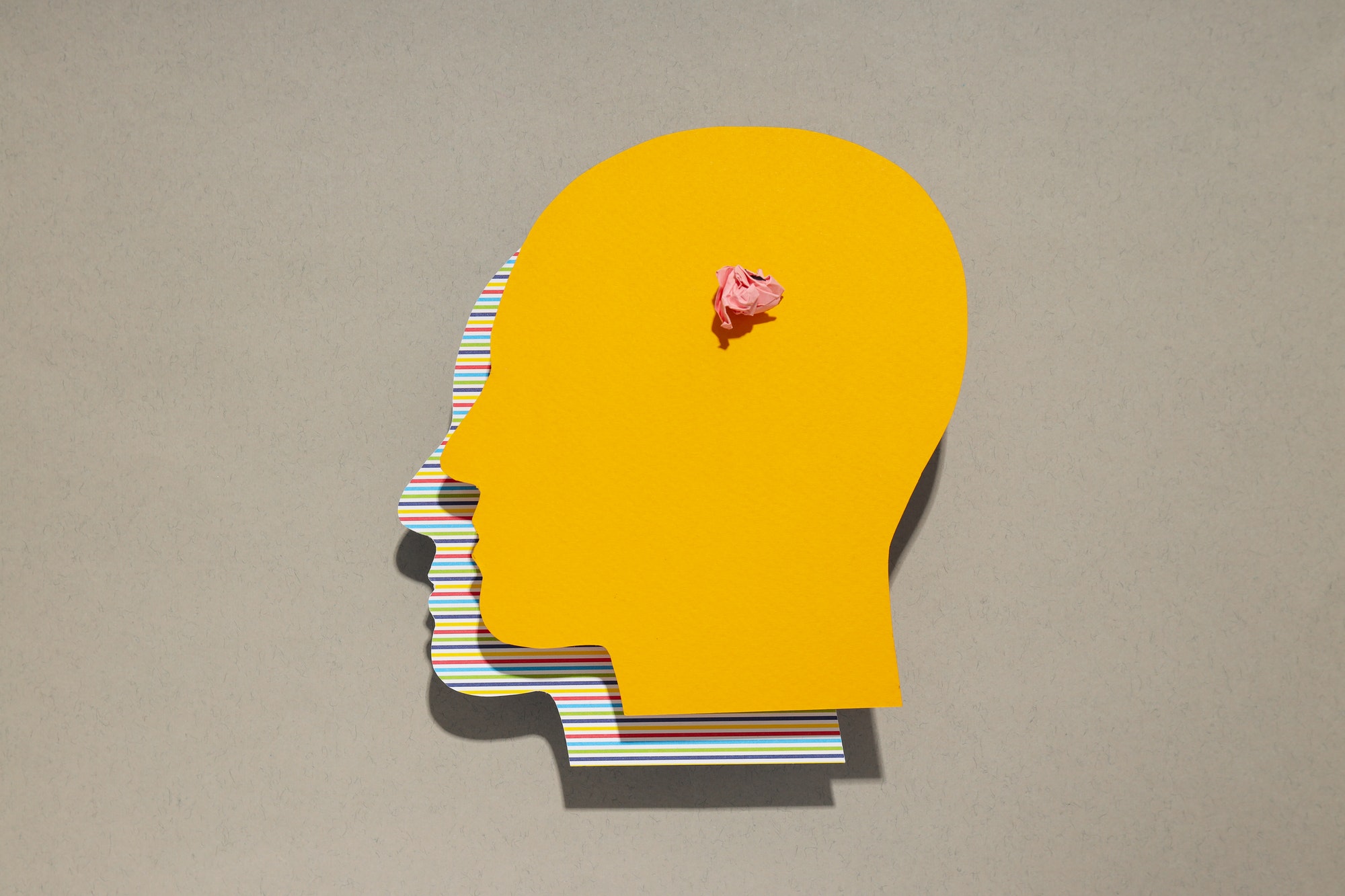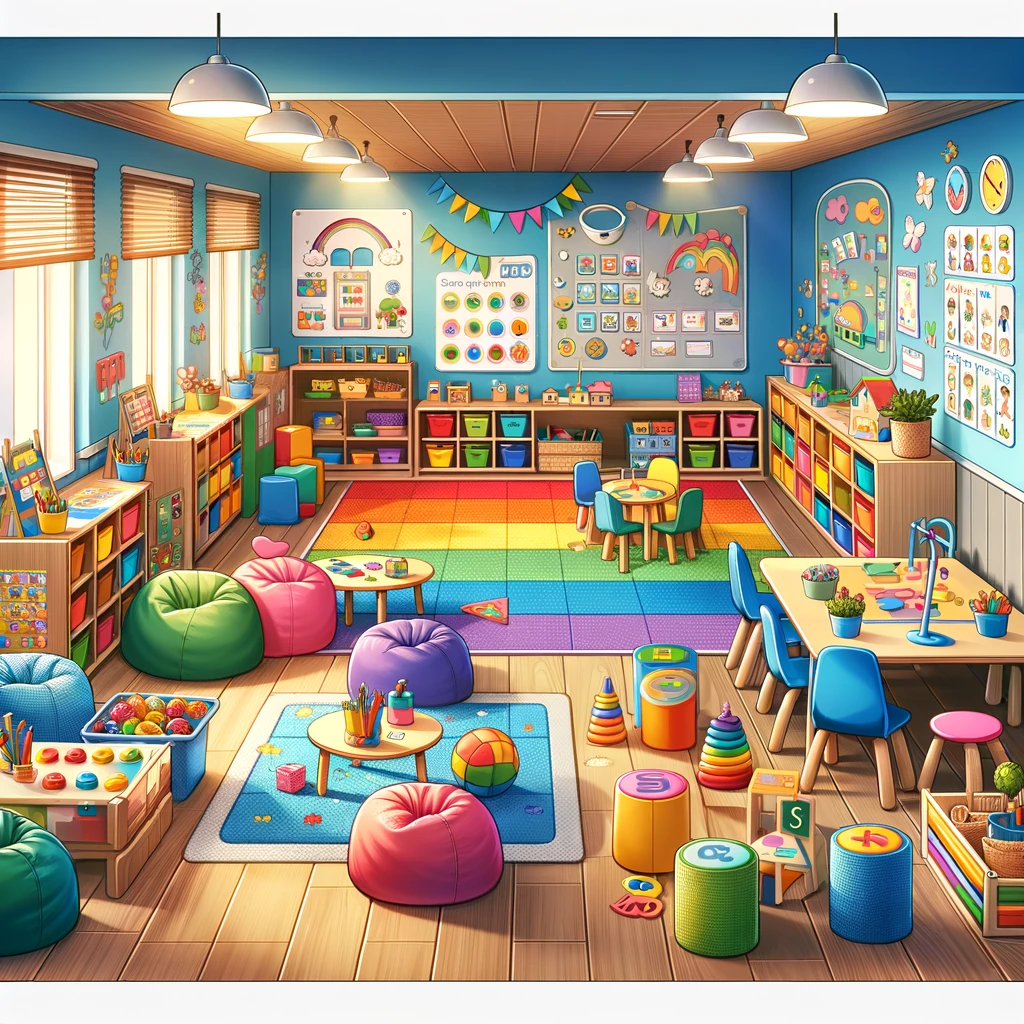Attention Deficit Hyperactivity Disorder (ADHD) is a neurodevelopmental disorder that affects millions of children around the world. It is characterized by inattention, hyperactivity, and impulsivity, which can make it challenging for children to focus and manage distractions.
Parents and caregivers of children with ADHD often struggle to find effective strategies to help their children stay on task and succeed in various aspects of life, including how to manage their children from becoming distracted. Here are a few tips that might help.
- Create a structured routine
A predictable daily routine can help children with ADHD know what to expect and reduce distractions. Establish a consistent schedule for waking up, eating meals, attending school, doing homework, and going to bed. Make sure to include breaks and leisure activities to maintain balance.
- Designate a dedicated workspace
Create a quiet, comfortable, and organized workspace for your child to complete homework or engage in other activities that require focus. Keep the area clutter-free and minimize distractions, such as electronic devices or toys that are not related to the task at hand.
- Break tasks into smaller steps
Breaking tasks into smaller, manageable steps can make them less overwhelming for children with ADHD. Provide clear instructions and help them create a checklist or visual timeline of the steps involved. This allows the child to focus on one task at a time and experience a sense of accomplishment as they progress.
- Use visual aids and timers
Visual aids, such as calendars, charts, or colour-coded folders, can help children with ADHD stay organized and on task. Timers are also useful for setting time limits for specific activities, promoting time management skills, and encouraging short bursts of focused work.
- Encourage physical activity
Regular physical activity has been shown to improve focus and reduce symptoms of ADHD. Encourage your child to engage in sports or other forms of exercise, such as biking, swimming, or dancing. Incorporate movement breaks throughout the day to help release energy and improve concentration.
- Teach mindfulness techniques
Mindfulness techniques, such as deep breathing exercises and progressive muscle relaxation, can help children with ADHD learn to self-regulate and manage distractions. Introduce these techniques during calm moments and practice them regularly to promote relaxation and focus.
- Use positive reinforcement
Rewarding positive behaviour and achievements can be a powerful motivator for children with ADHD. Offer praise, small rewards, or privileges when your child successfully manages distractions or completes tasks. This helps to build self-esteem and reinforce the value of focused work.
- Limit screen time
Excessive screen time can contribute to distractibility in children with ADHD. Establish clear boundaries for the use of electronic devices, such as limiting screen time to a specific duration or only allowing it during designated leisure time.
- Seek professional support
If you’re struggling to manage distractions in your child with ADHD, an STG professional can help you tailor individualized counselling so you learn how to assist your child, while at the same time teaching your child essential skills including executive functions.



